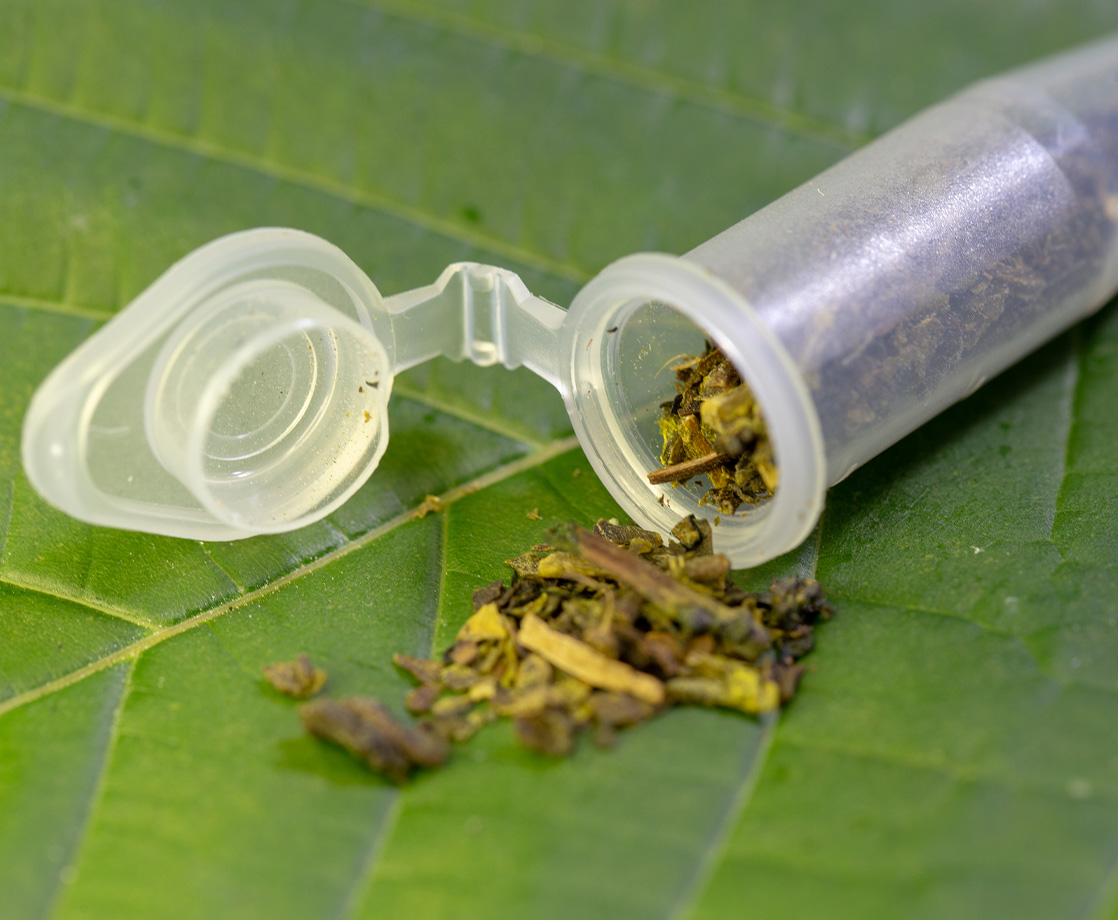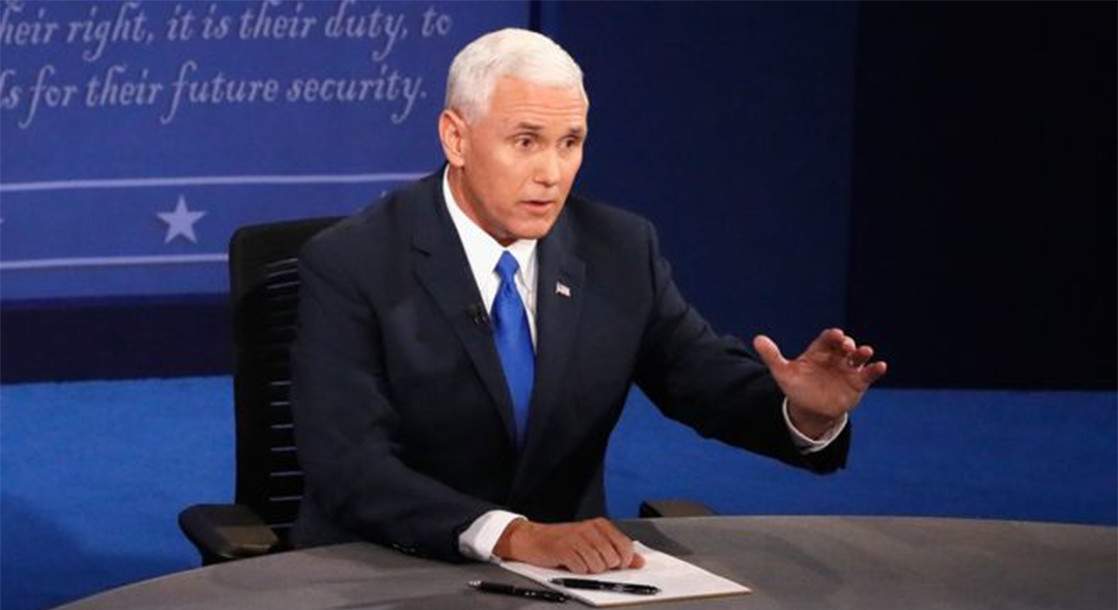Cannabis scientists will soon be able to conduct their research using high-quality bud purchased from state-licensed dispensaries, thanks to a provision tucked into Biden’s new infrastructure bill.
Last week, Congress finally signed off on President Biden’s $1.2 trillion infrastructure bill after months of infighting. This new legislation will allocate billions of dollars to help repair crumbling bridges and highways all across the nation and invest in new internet and public transportation projects. But as is common for bills of this size, lawmakers have also managed to include several provisions that actually have little to do with infrastructure.
One of these new provisions aims to remove some of the federal roadblocks that currently interfere with cannabis research. The new law directs federal health, transportation, and legal agencies to collaborate on a public report focused on granting researchers access to high-quality weed for conducting research on pot-impaired driving.
The report, which must be completed within two years of the bill’s passage, requires the feds to create recommendations for a national clearinghouse that will “collect and distribute samples and strains of marijuana for scientific research that includes marijuana and products containing marijuana lawfully available to patients or consumers in a State on a retail basis,” Benzinga reports.
At present, researchers are forced to rely on marijuana grown at the University of Mississippi, the sole institution that the DEA has authorized to cultivate research weed. Sadly, the institution’s director deliberately limits the THC content of his weed to 8 percent, less than half of the average THC content of store-bought legal pot. Independent studies have found that this government grass is actually genetically closer to hemp than marijuana, and its poor quality has compromised several important research studies.
After several lawsuits and years of inaction, the DEA is finally moving ahead with plans to authorize additional cannabis growers, but it may still take years for this process to come to fruition. In the meantime, the infrastructure bill will allow researchers to conduct their studies using top-shelf cannabis from state-licensed adult-use or medical pot dispensaries.
“Americans support legalized marijuana, and now Congress is catching up,” said Sen. John Hickenlooper (D-CO), who sponsored the provision in the Senate, to Marijuana Moment. “When it’s signed into law, our bill is an important step toward researching how we can regulate cannabis-impaired driving safely and accurately.”
The new law also removes a few other onerous DEA restrictions, including one that requires researchers to store all THC products in a 300-pound safe that is nailed to the floor. Researchers will also no longer have to receive individual approvals from the DEA in order to acquire research-grade THC oil. And although the infrastructure bill specifically focuses on investigating stoned driving, it opens the doors for scientists to conduct other forms of cannabis research.
“The science has been way behind considering the prevalence, especially concerning the newer products available to consumers,” Dr. Robert Strongin, professor of organic chemistry at Portland State University, told Benzinga back in August, when the provision was added to the infrastructure bill. “The new provisions could help hasten progress towards understanding the short and long-term health effects of manufactured products, as well as the associated newer routes of administration. Hopefully, this or future provisions will allow for research beyond studies of impaired driving.”











